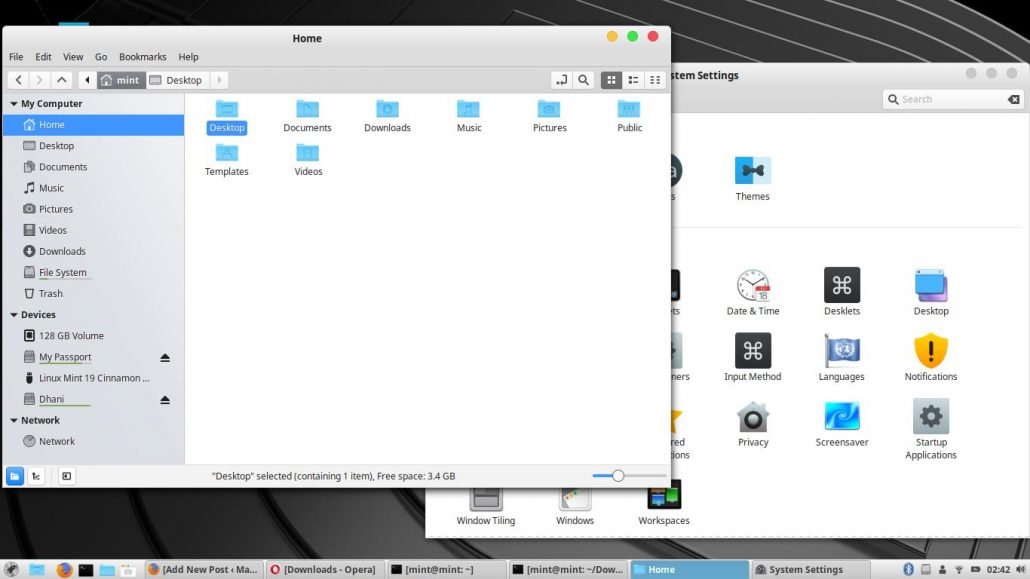

However, it appears that Seagate still has plenty of runway left in order to make the product perform better for the typical external hard drive use-case.
My passport for mac linux archive#
The Seagate Backup Plus Portable definitely fares better than the original Archive HDD.
My passport for mac linux full#
Since the release of the first product, we have seen a number of firmware advancements (including proposals from the research community) that can make SMR drives perform as well as traditional CMR drives at least when not filled up close to full capacity. Seagate was one of the first HDD vendors to release a SMR hard drive in the market. However, for the 2016 My Passport 4TB version (which is also SMR, supposedly), we couldn't trigger TRIM. In fact, we were able to manually trigger TRIM on the 2019 My Passport 5TB version. WD takes advantage of the TRIM functionality in Windows (usually meant for SSDs to trigger garbage collection) to perform this process. Still, the drive needs to move any data in the distributed cache to the actual locations on the platter. Fortunately, the typical use-case for external hard drives don't involve that kind of traffic. The nature of the above implementation points to high-volume random writes over a wide address range being quite problematic. The media cache can keep up with the high-speed requirements of the host, and the data is then migrated to the sequential shingled locations during the idle time of the drive (of which there ought to be plenty in the case of an external hard drive). This implies that random writes have to be cached and written in a sequential manner after undergoing some sort of address translation. WD's drive-managed SMR technology involves organization of the data streams (sequential or random) to be written sequentially to the media. From the perspective of external storage devices for consumer workloads, drive-managed SMR makes the best sense - there is no change required on the host side. In mid-2018, Western Digital published a white paper on helium and SMR technology for hard drives. Performance Consistency - Handling SMR Quirks


 0 kommentar(er)
0 kommentar(er)
